Our Members Asked:
Can lemon juice, lemonade, or other juices reduce my chances of getting kidney stones?
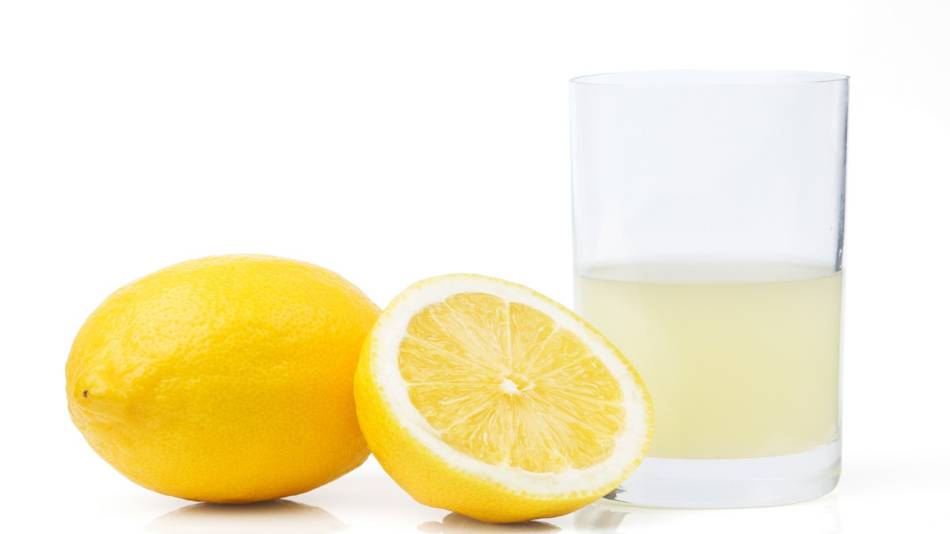
Answer:
Yes, lemon juice can help reduce the risk of kidney stones. However, research suggests that other beverages, or supplements (including potassium citrate, phosphate or bicarbonate), may be preferable.
Be aware that cranberry juice (promoted to help with urinary tract infections) contains moderately high levels of oxalates, which may increase the risk of kidney stones. Also, be aware that acidic beverages such as lemon juice can erode tooth enamel, although there are steps you can take to reduce their effects on teeth. for details, sign in and read the full answer.
Join today to unlock all member benefits including full access to all CL Answers and over 1,400 reviews.
Join NowAlready a member? Sign In Here.
Join now at www.consumerlab.com/join/

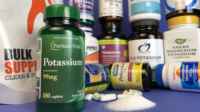
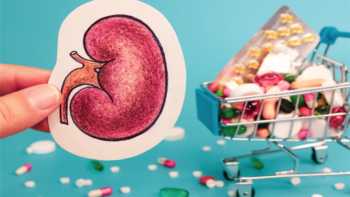
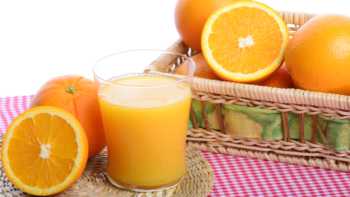
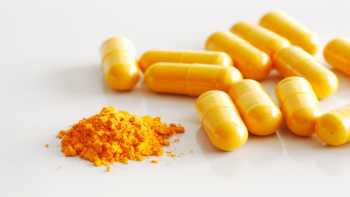
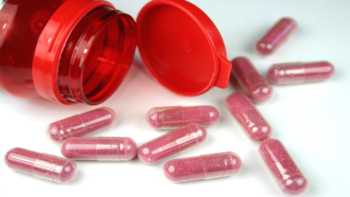
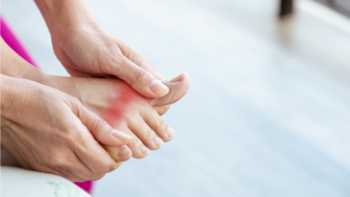
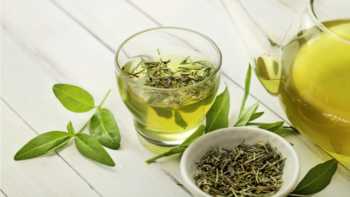
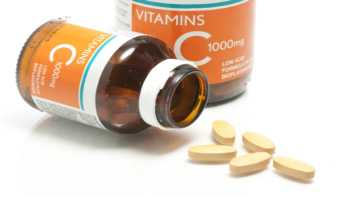
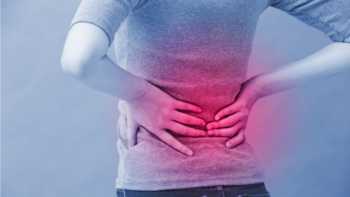





James7787
December 19, 2021I have used Lime Juice in Sprite Zero for 4 years with no returning stones.
Reply to this post…
Gaks
July 01, 2020i’ve read that when pairing calcium or magnesium with high oxalate foods, either will bind with oxalates to reduce problematic effects. is that true? will adding cheese to a spinach salad help keep the oxalates from forming kidney stones? will adding lemon juice to the mix help even more?
also, since watermelon is mostly water and oranges similarly have a high water content, how many cups of watermelon cubes or how many oranges would one need to eat to obtain the same effect as the amount of juice recommended above?
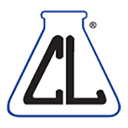 ConsumerLab.com
ConsumerLab.com
August 18, 2020As mentioned in an earlier comment below, calcium supplements are generally not recommended, but you should still try to get adequate calcium from your diet, as this helps reduce oxalate in urine. Similarly, most magnesium supplements are not recommended for kidney stones, but you should still try to get adequate magnesium from your diet. Restricting intake of high oxalate foods, such as spinach, should be considered. Trying to counterbalance the effects of oxalates in spinach with other ingredients such as lemon or cheese is not recommended. In general, it takes about 10 oranges to make a liter of orange juice. Watermelon should not be used as a substitute, as it is not a good source of citrate.
Reply to this post…
Jeff S
May 13, 2020I've been adding fresh lemon juice to water since having a kidney stone, and increasing water intake, with no further stones for about 18 months. However I'm not clear what this article defines as lemon juice... is that pure lemon juice, or lemon juice + water? If the latter, in what proportions? Thank you.
 ConsumerLab.com
ConsumerLab.com
May 14, 2020In the answer above, lemon juice refers to the juice squeezed from a lemon that has not been diluted with water. The study cited (Haleblian 2008) found that to get 40 milliequivalents of citrate per day from a homemade lemon juice (4 ounces of concentrated lemon juice diluted with a little less than 2 pints of water and sweetened to taste) you would need to drink about 3.2 cups.
Reply to this post…
Brian A.7776
November 28, 2016Lemon juice is working for me. Kidney stone free for 2 1/2 years after 2 straight years with a stone. Drank cranberry juice and took cranberry pills for 5 years before and feel
that at least was a contributor to getting them in the first place.
Symptoms of gout have been almost non-existent as well which is why I was drinking the cranberry juice to start with. I mix about 1 to 1 1/2 oz juice in with tang in the AM and water at supper.
I like the body PH lowering effects in concept as well.
Reply to this post…
Jack7769
November 27, 2016So where does the taking of calcium citrate fit into this picture?
 ConsumerLab.com
ConsumerLab.com
November 28, 2016As kidney stones are partially composed of calcium, calcium supplements are generally not recommended. You should, however, try to get adequate calcium from your diet, as this helps reduce oxalate in urine, and oxalate is a component of kidney stones.
Rosalind7773
March 14, 2021Why wait so long to brush teeth? I drink lime and water every morning, rinse my mouth with water, and usually then brush my teeth.
 ConsumerLab.com
ConsumerLab.com
March 15, 2021According to research (https://pubmed.ncbi.nlm.nih.gov/15725524/) cited in the American Dental Association's article, acidic beverages can soften the surface of teeth, making them more susceptible to the effects of mechanical abrasion (brushing). Delaying brushing allows time for saliva to help re-mineralize the surface of the teeth. The ADA notes that drinking milk (containing calcium) also helps neutralize acids in the mouth and re-mineralize the teeth.
Rosalind7770
March 15, 2021Thank you so very much for your speedy and informative response.
 ConsumerLab.com
ConsumerLab.com
March 15, 2021You're welcome Rosalind!
Reply to this post…